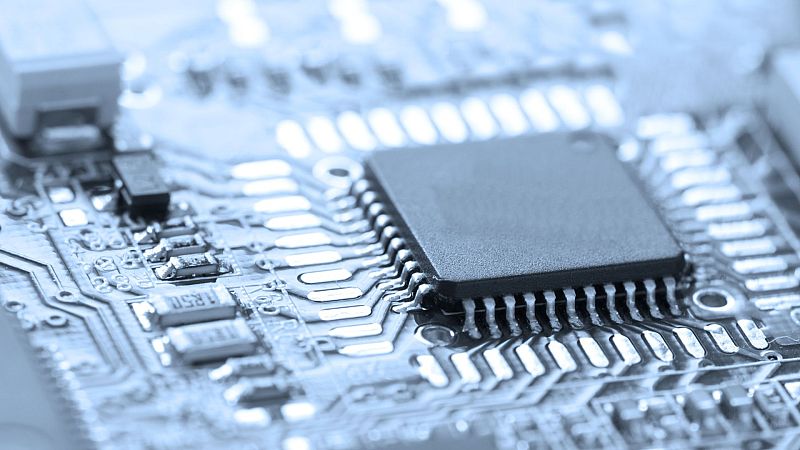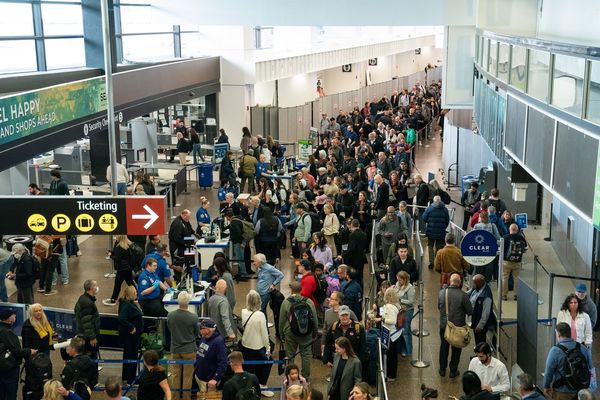
President Donald Trump said on Wednesday that he would impose a 100% tariff on computer chips, only sparing companies that commit to “building” on US soil.
The threat raises the prospect of higher prices for essential products dependent on the processors, and it will squeeze US tech firms, often reliant on Asia for chips.
It also comes more than three months after Trump temporarily exempted most electronics from his most onerous tariffs.
The president announced the tariff alongside Apple CEO Tim Cook on Wednesday, who said his firm would invest an additional $100 billion in domestic manufacturing. That comes on top of a previous commitment made in February, bringing the total to $600bn.
The pledge follows similar announcements from companies such as TSMC and Nvidia, who have promised to spend more in the US. Big Tech has already made collective commitments to invest about $1.5 trillion in the country since Trump moved back into the White House in January.
Now the question is whether the deal brokered between Cook and Trump will be enough to insulate the millions of iPhones made in China and India from the tariffs that the administration has already imposed and reduce the pressure on the company to raise prices on the new models expected to be unveiled next month.
Wall Street seems to think so. After Apple's stock price gained 5% in Wednesday regular trading sessions, the shares rose by more than 2% in extended trading after Trump made his exemption announcement.
The shares of AI chipmaker Nvidia, which has also recently made big commitments to the US, rose marginally in extended trading to add to the $1 trillion gain in market value the Silicon Valley company has made since the start of Trump's second administration.
Demand for computer chips has been climbing worldwide, with sales increasing 19.6% in the year-ended in June, according to the World Semiconductor Trade Statistics organisation.
Trump's tariff threats mark a significant break from existing plans to revive computer chip production in the US that were drawn up during the administration of President Joe Biden.
Since taking over from Biden, Trump has been deploying tariffs to incentivise more domestic production. Essentially, the president is betting that the threat of dramatically higher chip costs will force most companies to open factories domestically, despite the risk that tariffs could squeeze corporate profits and push up consumer prices.
By contrast, the bipartisan CHIPS and Science Act that Biden signed into law in 2022 provided more than $5bn to support new computer chip plants, fund research, and train workers for the industry. The mix of funding support, tax credits and other financial incentives were meant to draw in private investment, a strategy that Trump has vocally opposed.







